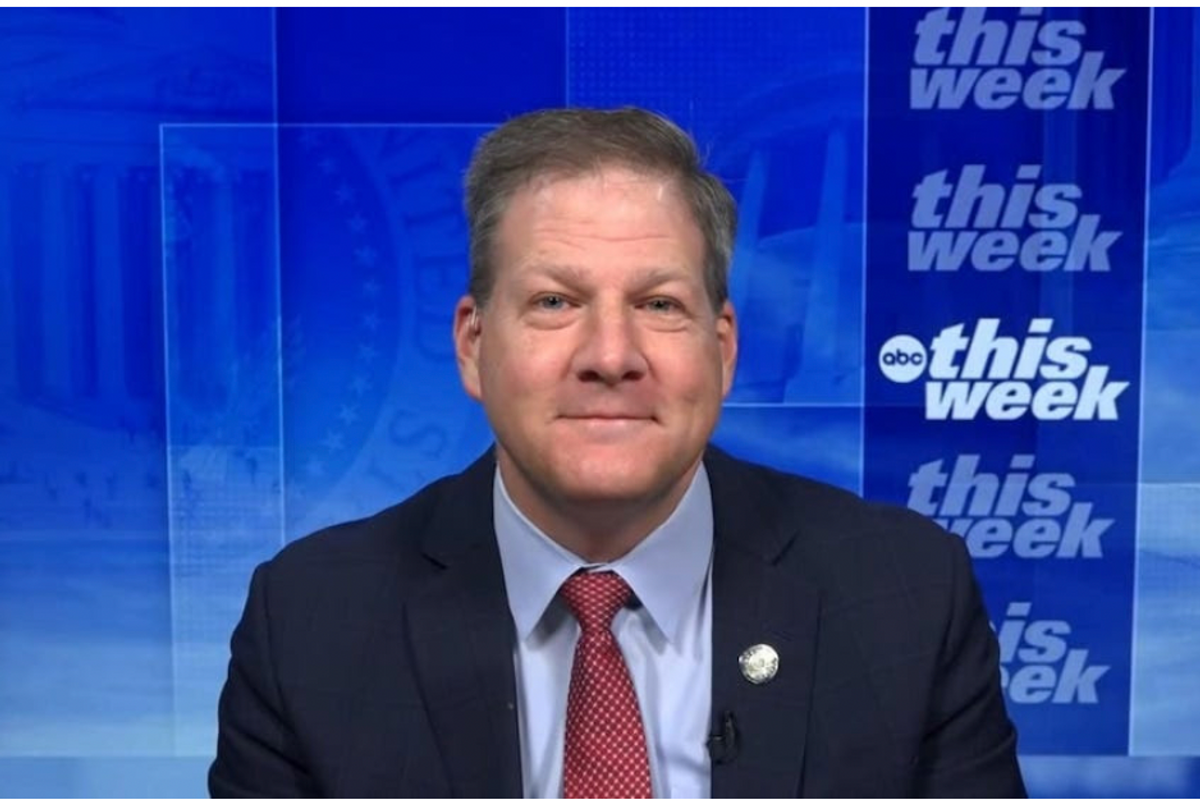
Reprinted with permission fromCreators.
Ours is a nation in despair. U.S. suicide rates have surged to a 30-year high, and it’s not just among struggling middle-aged whites. Suicides by girls age 10 to 14 have spiked over the last 18 years. And there’s been a shocking surge in children 17 or under dying from self-inflicted gunshot wounds.
Since 1999, suicide rates have risen in every age group except the elderly, according to the National Center for Health Statistics. Among women 45 to 64 it jumped an astounding 63 percent. For men that age, it was up 43 percent.
In their report on rising death rates among middle-aged white Americans, Princeton economists Anne Case and Angus Deaton referred to “deaths of despair” — early deaths caused by drugs and alcohol, as well as by suicide. They cited deteriorating job prospects and a decline in stable relationships as possible factors.
Economic stress certainly plays a part. America’s suicide rate of 13 per 100,000 in 2014 was the highest since 1986. But that was much lower than during the Great Depression, when the suicide rate hit 22 per 100,000.
However, the Depression was an economic calamity unimaginable to many living today. The economic collapse produced an unemployment rate of 25 percent. The jobless rate in 2014 never reached 7 percent.
And unlike their Depression-era ancestors, Americans in 2014 had some social safety nets. They had health coverage thanks to Obamacare, disability for those who could get it, unemployment checks following layoffs and, for older people, the option of taking Social Security.
What the Depression generation had in greater abundance, though, was stronger social connections, a key to mental health. Marriages were tighter and connections to community stronger. As an elderly relative who remembers those years told me, “Things were tough, but we had each other.”
Many relationships nowadays are online presences that poorly replace physical company. Researchers are tying a pandemic of loneliness to heavy use of Facebook, Snapchat and other social media.
“It’s social media, so aren’t people going to be socially connected?” asked Brian Primack, who co-authored a study on social media’s impact at the University of Pittsburgh.
The answer seems no. People who spent more than two hours a day on social media were twice as likely to feel socially isolated as those who spent less time on the sites, his study found. (Of course, lonely people may gravitate to social media in the first place.)
Recall that grotesque story of a teenage girl who egged a depressed boy to commit suicide via text messages and cellphone. Michelle Carter, then 17, had repeatedly texted 18-year-old Conrad Roy III to kill himself.
Roy finally drove a truck to a Kmart parking lot in Taunton, Massachusetts, and sat in the cab as deadly fumes poured in. At one point, Roy seemed to have changed his mind and stepped out. But Carter, speaking to him on the phone, told him to get back in. He did and died.
Carter’s apparent lack of conscience so alarmed the judge that he found her guilty of involuntary manslaughter. Many legal minds condemned the verdict for redefining criminal responsibility. Carter’s only “weapon” was words.
“Will the next case be a Facebook posting in which someone is encouraged to commit a crime?” asked Harvard Law professor Nancy Gertner.
We ask a different question. Would Carter have continued her cruel manipulation had she been face-to-face with Roy? Doing this through text messages may have made it seem less real to her.
Americans can find solace in physical interaction. We can meet a friend for coffee and an honest conversation with none of that social media showboating. There is great comfort in knowing we have each other.
Follow Froma Harrop on Twitter @FromaHarrop. She can be reached at fharrop@gmail.com. To find out more about Froma Harrop and read features by other Creators writers and cartoonists, visit the Creators Web page at www.creators.com.


